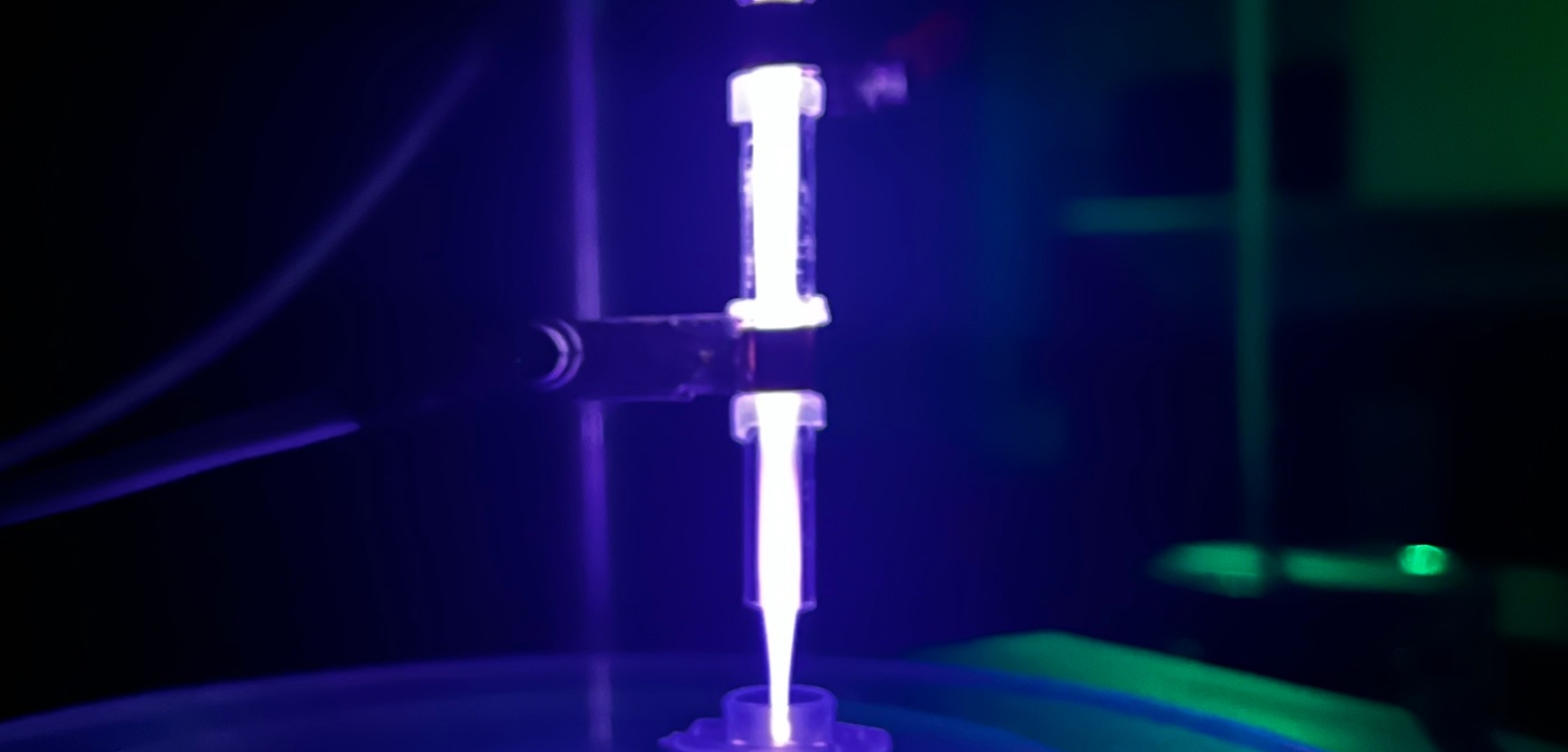Research finds cold plasma boosts antibiotics which could provide solution to antibiotic resistance
New research led by Queen’s University in collaboration with Thomas Jefferson University, USA, has uncovered an innovative way to amplify the power of antibiotics by using cold atmospheric-pressure plasma as a weapon to enhance their strength.

This ground-breaking scientific advancement could provide a solution to the global health crisis of antibiotic resistance.
The research has been published in the journal Biofilm.
Every year, more than five million deaths globally are attributed to antimicrobial resistance, as once easily treatable infections like pneumonia, wound or bloodstream infections are becoming increasingly resistant to existing antibiotics.
The researchers discovered that by merging cold plasma and antibiotics, it can significantly weaken Pseudomonas aeruginosa biofilms; a common bacterium that often causes hard-to-treat infections. This innovative approach makes them significantly more susceptible to treatment.
"Our research demonstrates the immense potential of combining cold plasma with antibiotics in the fight against superbugs" comments Jordanne Maybin, a PhD student from the School of Pharmacy at Queen’s University Belfast, and a lead author of the study. "This innovative approach not only offers a more effective treatment option but could extend the useful lifetime of our current antibiotics. It's a potential breakthrough that could buy time in the race against antibiotic resistance.”
The researchers suggest that their discovery could revolutionise the way bacterial infections, particularly those caused by antibiotic-resistant bacteria, are tackled. By demonstrating the significantly enhanced effectiveness of antibiotics when combined with cold plasma against Pseudomonas aeruginosa biofilms, they have uncovered a promising new avenue in the ongoing fight against deadly superbugs.
Dr Thomas Thompson, Research Fellow from the School of Pharmacy at Queen’s University Belfast and co-author of the study provides a unique perspective to the research. “As both a scientist and a pharmacist, I have witnessed the growing problem of antibiotic resistance,” he explains. "Our research has given us an edge. It’s providing a well-needed turbo boost to our antibiotics – a crucial step in confronting global health threats like antibiotic resistance.”
Professor Brendan Gilmore who leads the Biofilm Research Group in the School of Pharmacy at Queen’s University Belfast, and principle investigator on this research programme, added: “Cold plasmas are a reasonably recent antimicrobial technology and this combination not only offers a potential route to effective management of infections with much lower doses of antibiotics than are normally needed, but also some important observations in how bacteria respond to cold plasma treatment, which will allow us to optimise the technology further.”
Envisioning the future, the team anticipates infections becoming less severe, treatment times reducing, and infection occurrences dropping. Their research not only aims to enhance present treatment methodologies but also seeks to inspire novel strategies to tackle antibiotic resistance, currently one of the biggest global health challenges.
The research received support from the National Institutes of Health, USA, and the Northern Ireland Public Health Agency.
Media
Media inquiries to Sian Devlin at s.devlin@qub.ac.uk